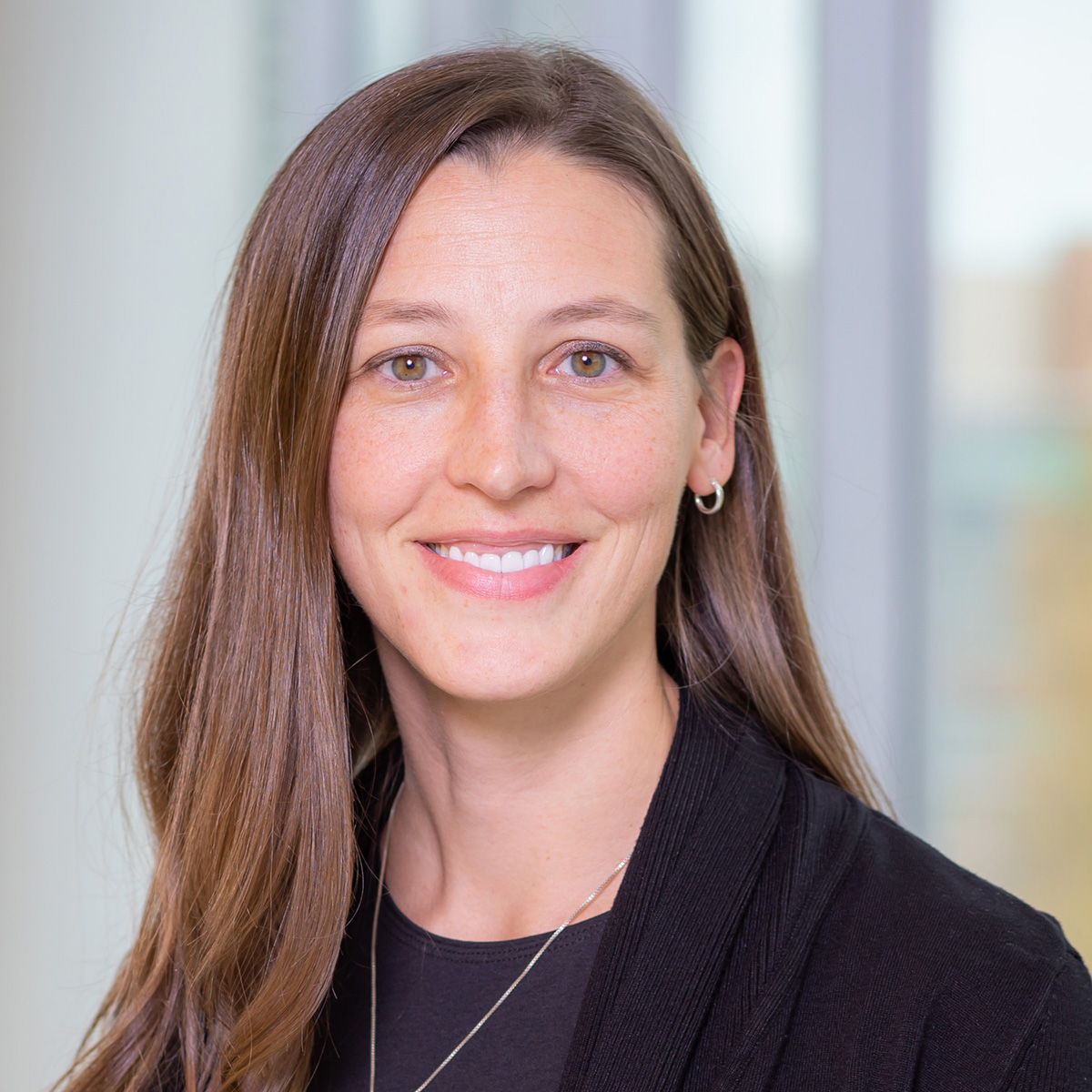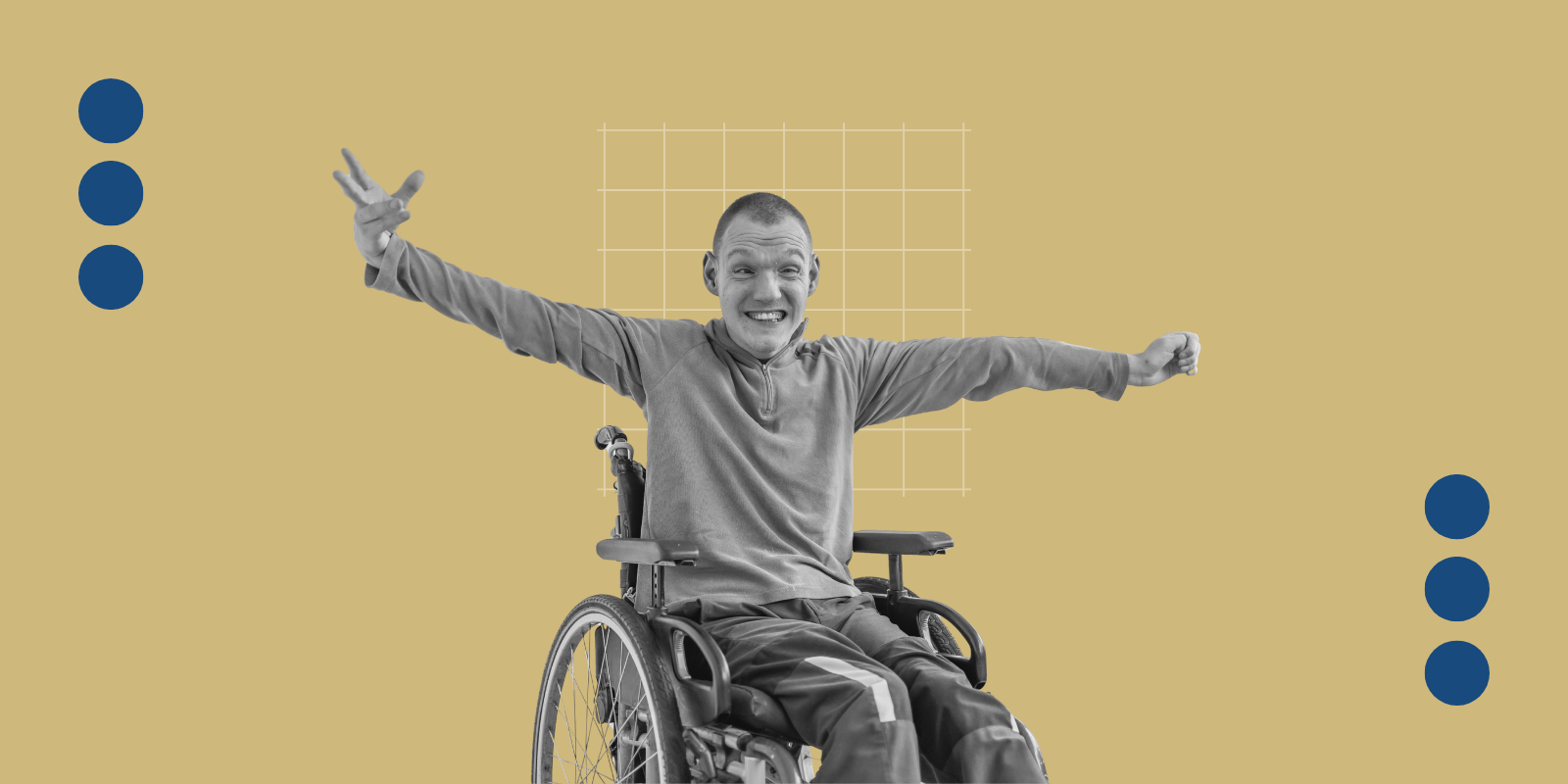Sarah E. Brewer, PhD, MPA, assistant professor of family medicine at the CU School of Medicine and ACCORDS Education Program director, combined her research interests in preventative health care, health equity, and developmental stages for her latest publication.
“Weaving those pieces together got me interested in how young adult refugees make that transition, and particularly take ownership of their preventive health care, while also adjusting to a new culture and setting as they resettle in the U.S.,” Brewer says.
The research team, led by Brewer, conducted interviews with refugees, aged 18-29, from Bhutan, Burma, Iraq, Somalia, and Syria to better understand how they experience the primary care setting. Through these interviews, the team discovered that young adult refugees often lacked an understanding of the idea of primary care, as well as access to quality health care.
Brewer and her co-authors, Enas Alsharea, assistant professor in the CU College of Nursing, and Lah Say Wah, with Colorado Burma Roundtable Network, published an article with their findings last month.
Community-engaged research
The community-based research required Brewer’s four team members to serve as cultural and community liaisons. The bilingual community members had training as interpreters and worked with Brewer to learn the how to conduct, transcribe, and analyze interviews.
“I had a phenomenal team of community partners, two of which stayed on to help co-author this paper,” Brewer said. “This kind of work requires our community partners to be at the table, every step of the process.”
They recruited participants in their communities who met the criteria of having been in the U.S. at least two years, coming from one of the five countries, and within the specific age range.
“I had a phenomenal team of community partners, two of which stayed on to help co-author this paper. This kind of work requires our community partners to be at the table, every step of the process.” - Sarah E. Brewer, PhD, MPA
The countries were selected because they had the most refugees coming into Colorado during the past five to 10 years. Additionally, they provided regional differences spanning Africa, the Middle East, and Asia.
“We know a lot about pediatrics and how parents make decisions for kids, but we know very little about this phase in the middle,” Brewer says. “We want to understand how people make that transition from childhood, what we typically think of as primarily parent driven health care, to adulthood. Especially among refugees who may have a very different experience than U.S.-born young adults.”
Understanding the value of primary care
Across all the groups, the researchers found many of the participants lacked clarity about the value of preventative care. Young adults reported that they did not understand why they should go to the doctor if they were not sick or experiencing symptoms. Without a clear concept of the value of a preventive care visit, participants did not engage with health care.
“When people have relationships with a primary care provider, they have fewer emergency department visits, fewer urgent care visits, lower cost of health care, and they have better health outcomes,” Brewer says. “This is better all-around when people can have that primary care relationship.”
For participants who did see the value in preventative care, Brewer and her team wanted to further understand whether the young adults were getting what is expected out of a primary care encounter or relationship. The spectrum of perspectives displayed a clear need for support to move to the next level of engagement in primary care.
Three themes emerged
Participant responses were placed into three themes: use and understanding of primary care, experiences with key characteristics of primary care, and journeys to primary care relationships.
Nearly half of the participants didn’t have a primary care provider that they felt they trusted and saw regularly. “That's concerning for thinking about longitudinal care for young refugees and how we support their health as they get older,” Brewer says.
Participants who did have a primary care provider described experiencing gaps in the care and communications they received. Their accounts aligned with the four core functions of primary care, known as the 4Cs, where some didn’t know who to call to schedule an appointment, or if they will be able to see the same provider over time.
However, there were also recurring factors that helped young adult refugees develop confidence over time. Participants who built a trusting relationship with a primary care provider cited language, specifically the ability to speak English and communicate without the help of an interpreter, and finding “the right fit” as main components for feeling empowered in health care encounters.
Brewer emphasizes in the research that improving understanding of the primary care model and its value as well as increasing access and ease of engagement could improve primary care engagement for young adult refugees.
“It aligns with some of the social determinants of health and needing more holistic support. The health care system doesn't exist in a vacuum,” Brewer says. “In order for people to engage well with health care, they need to have their other needs met as well. The better we can coordinate around that, the better we support people in being able to engage in good preventive behaviors.”




